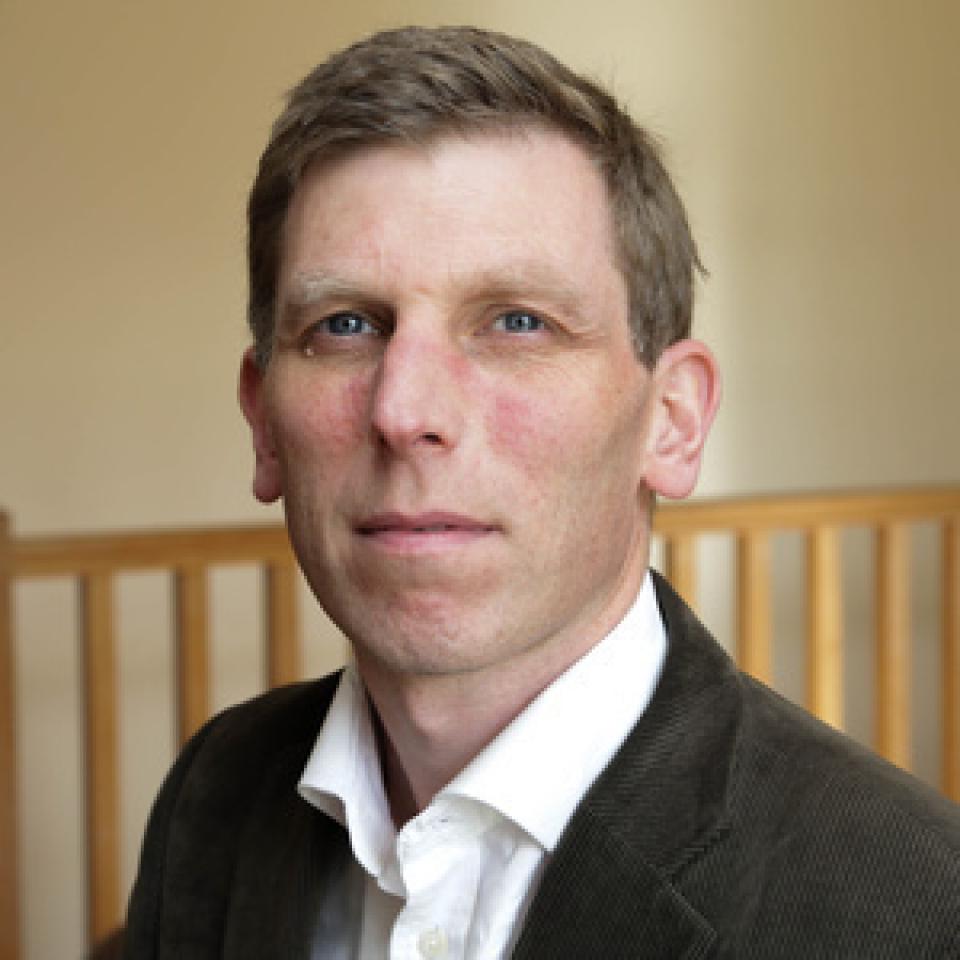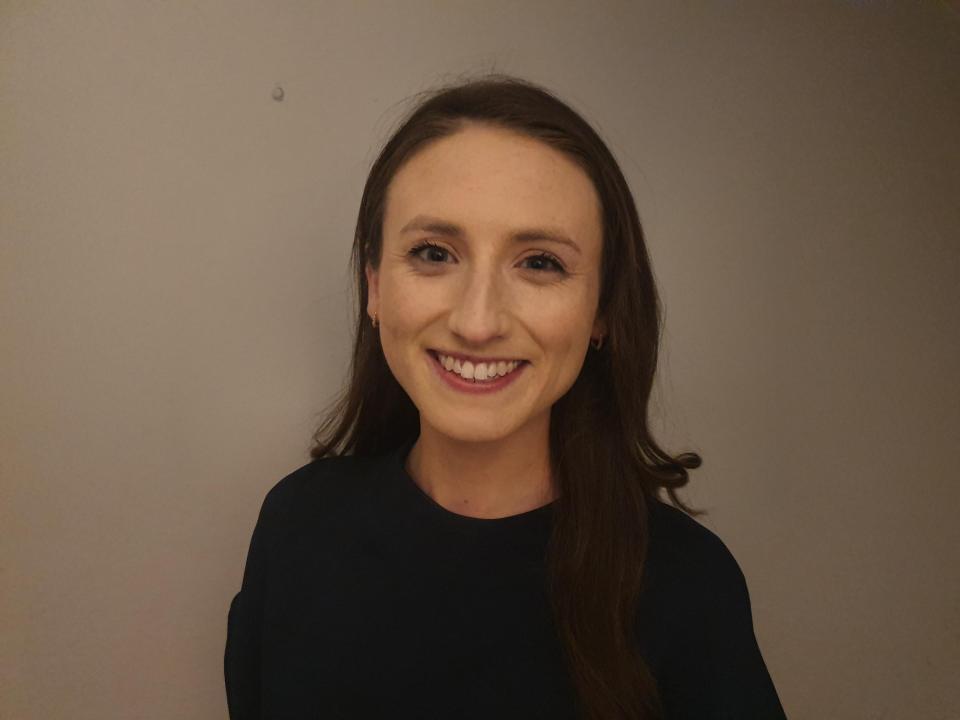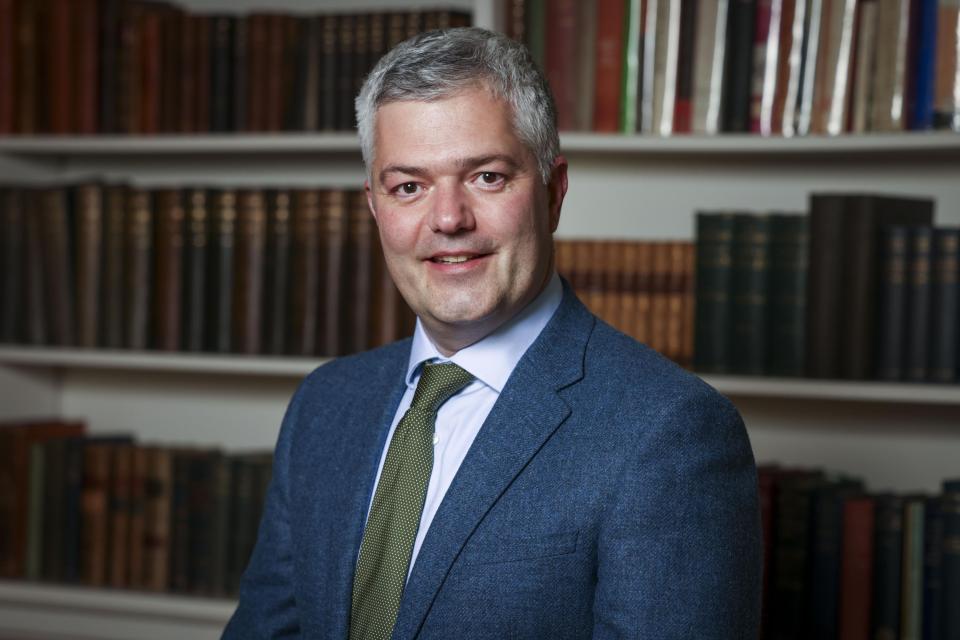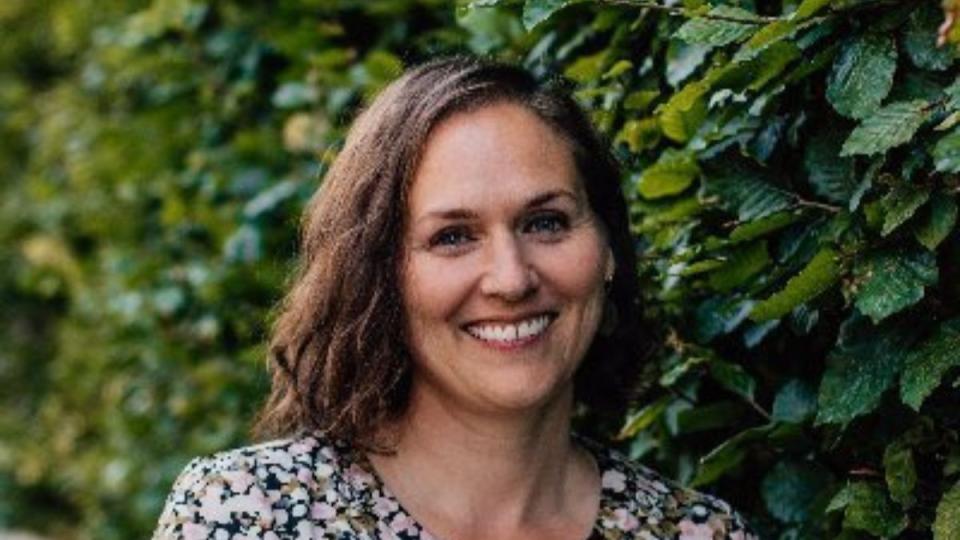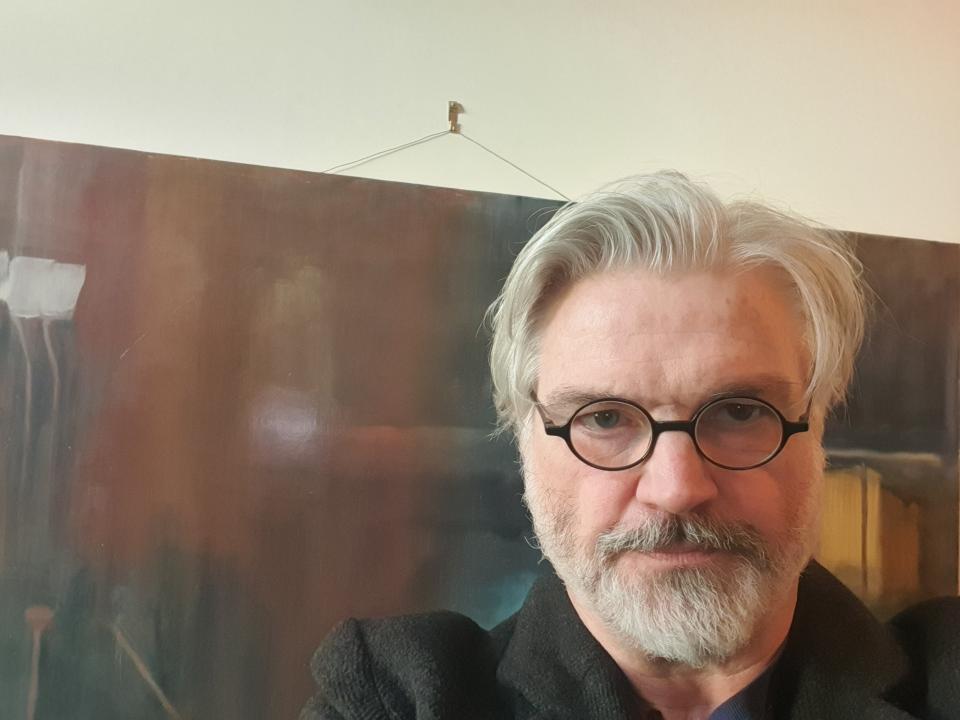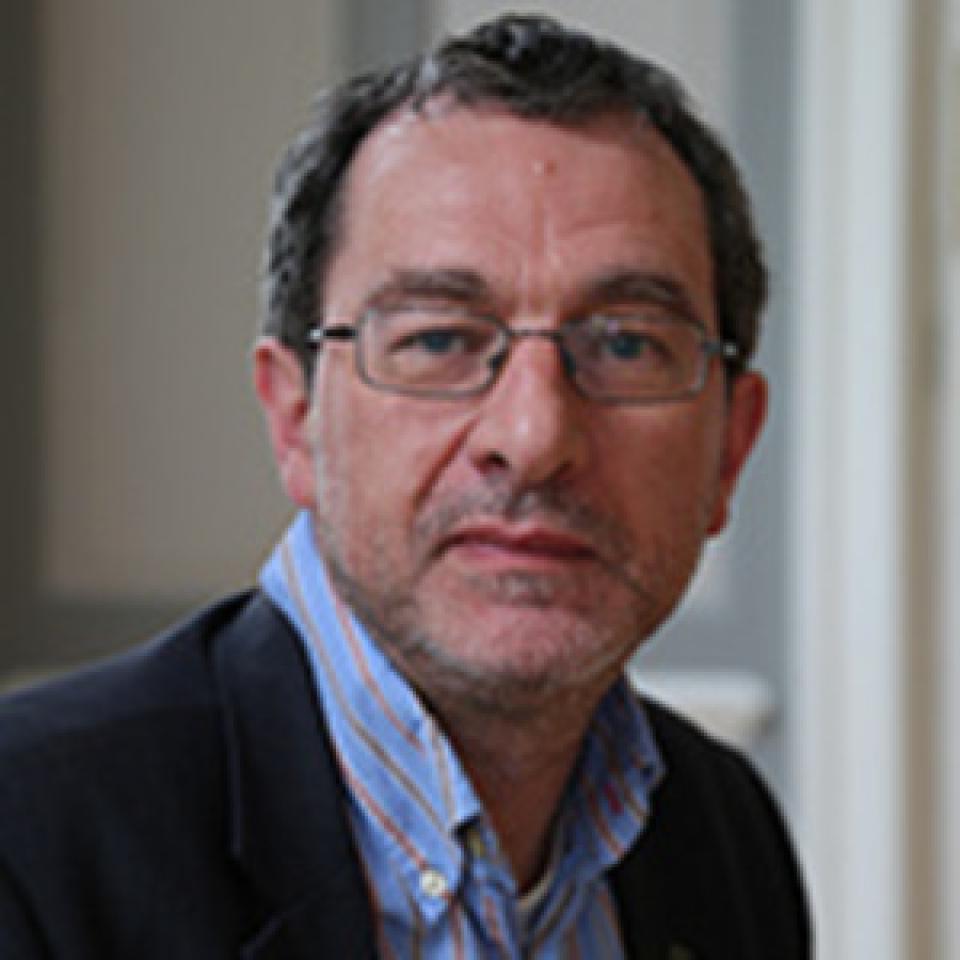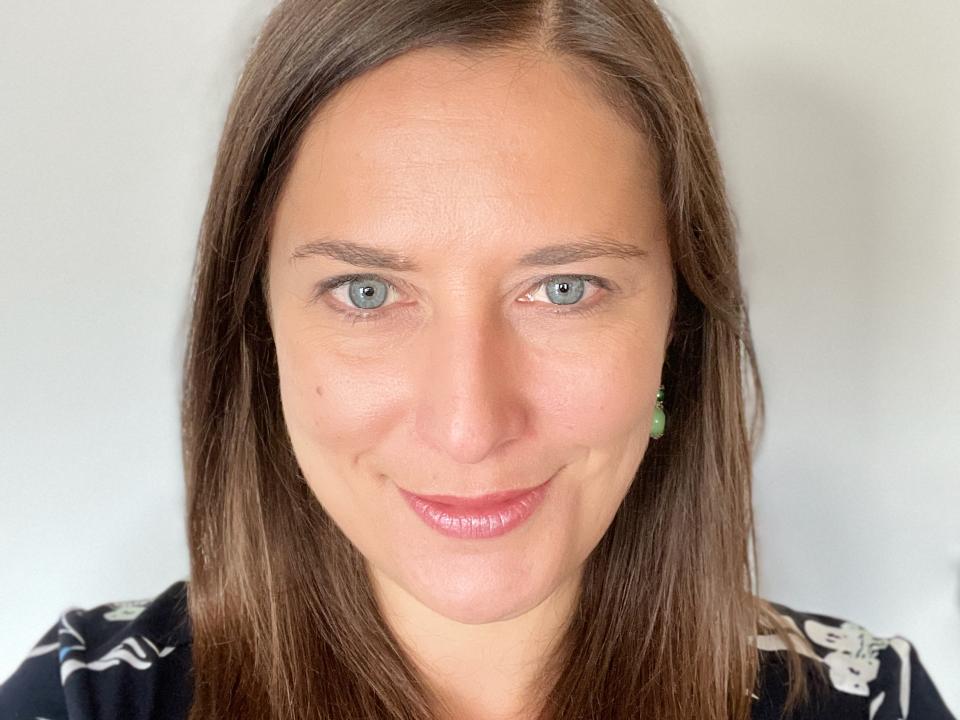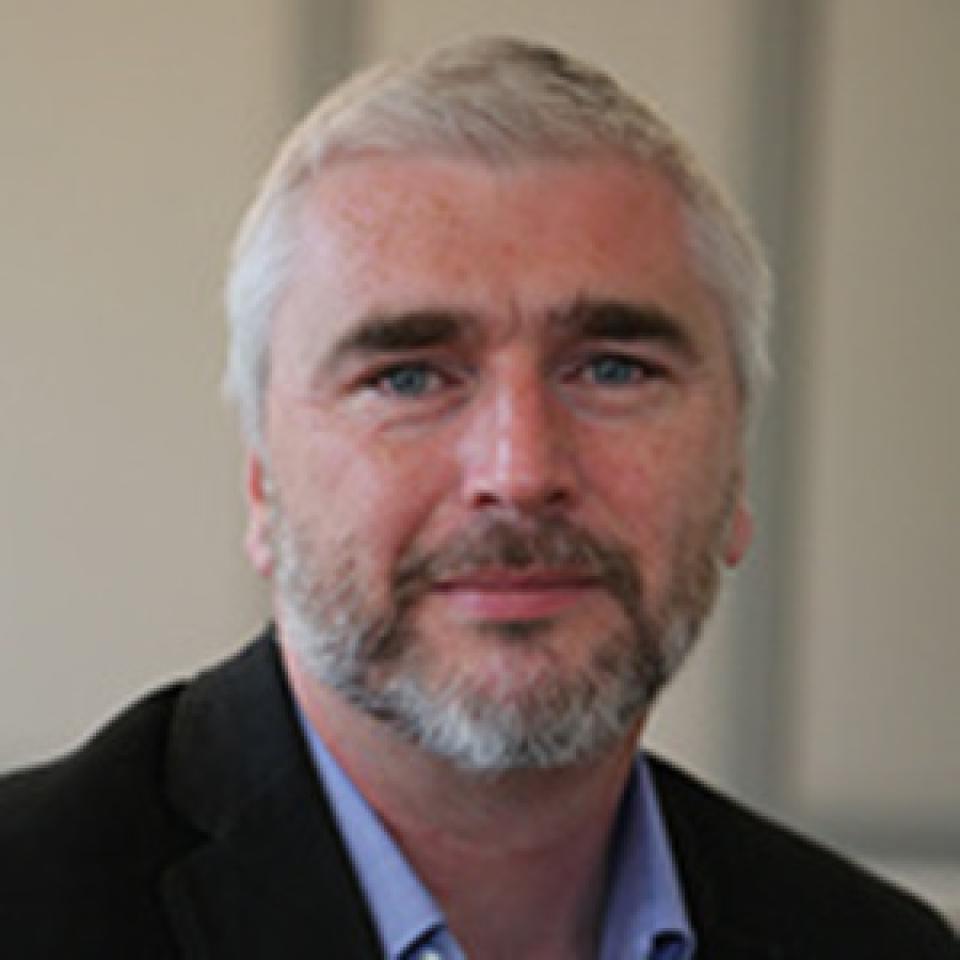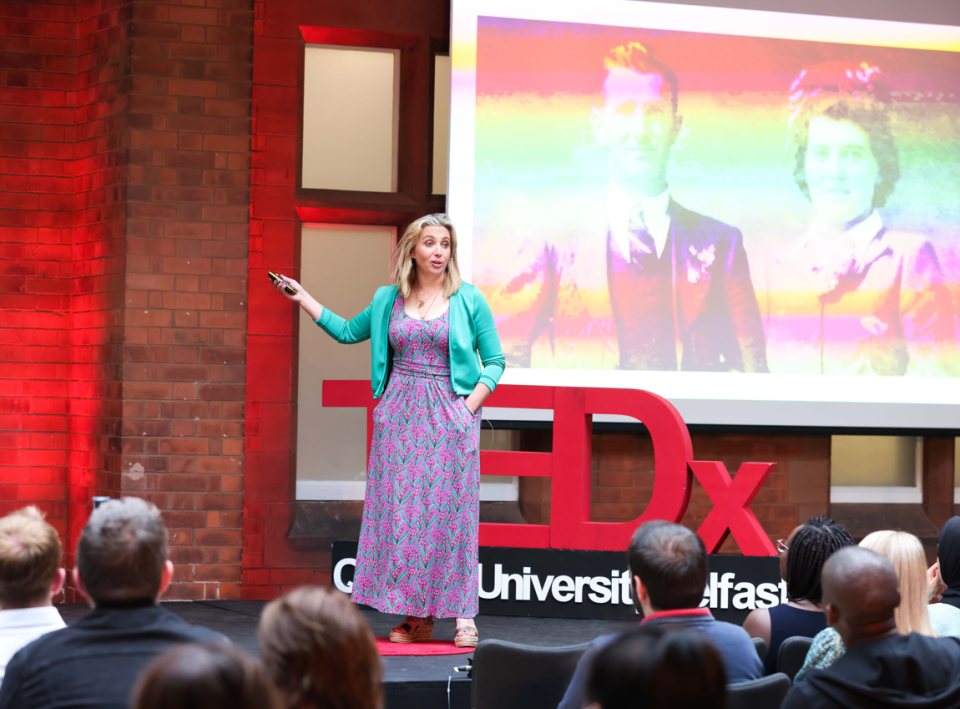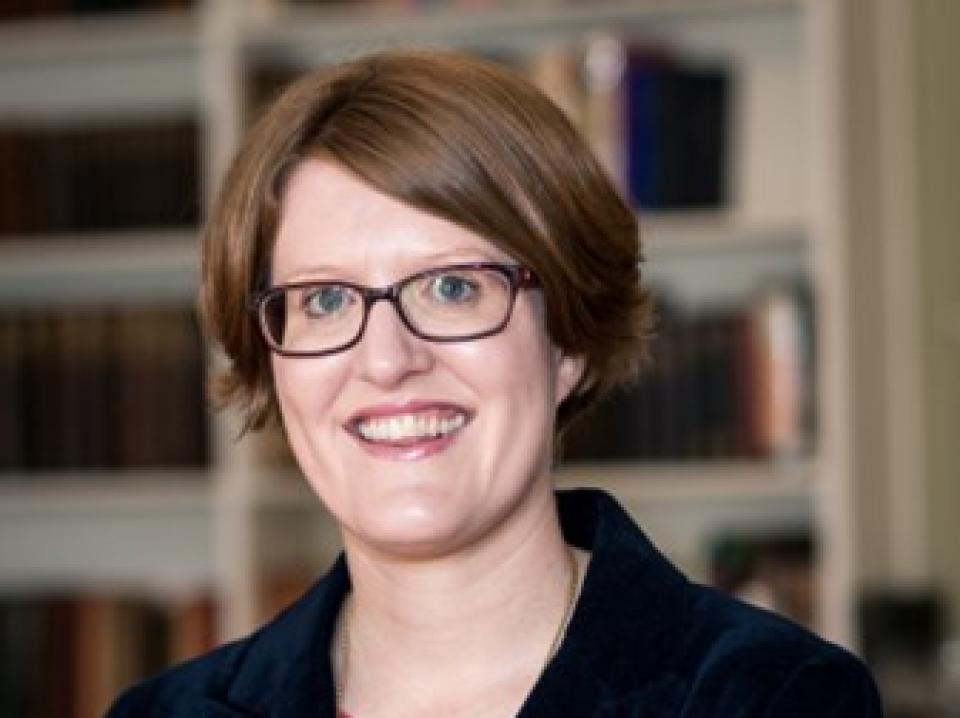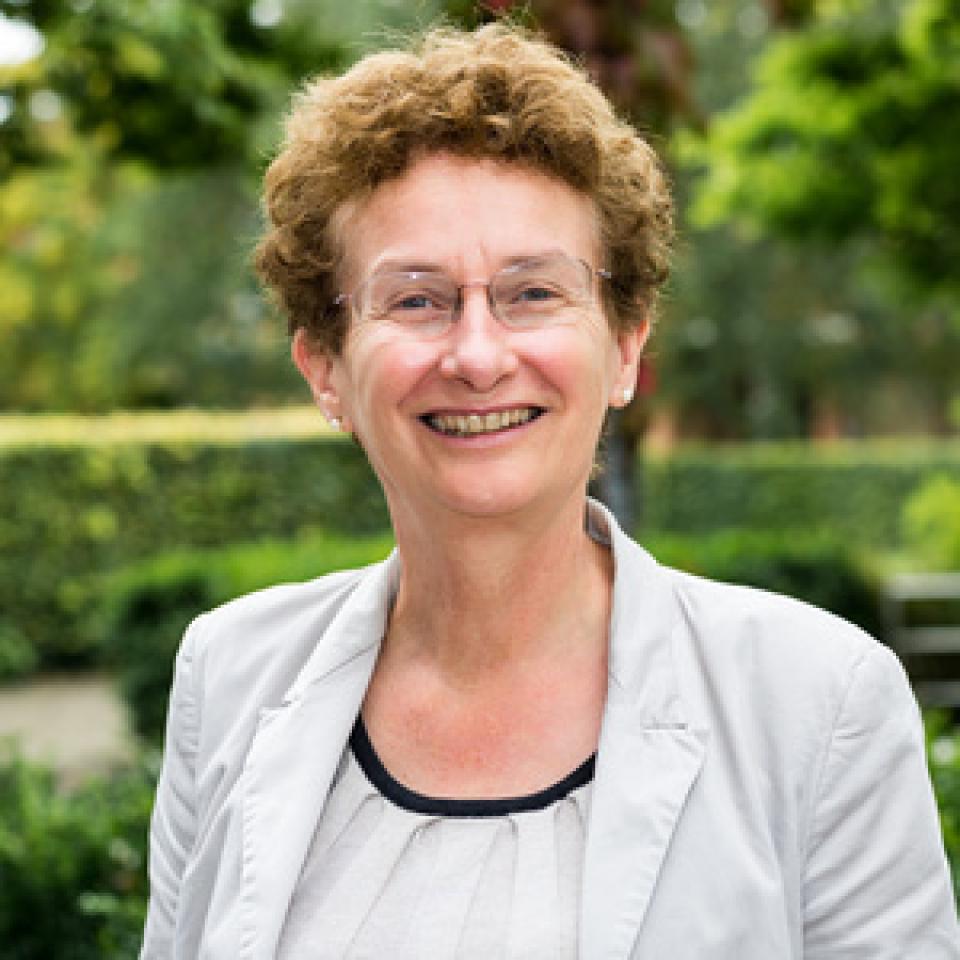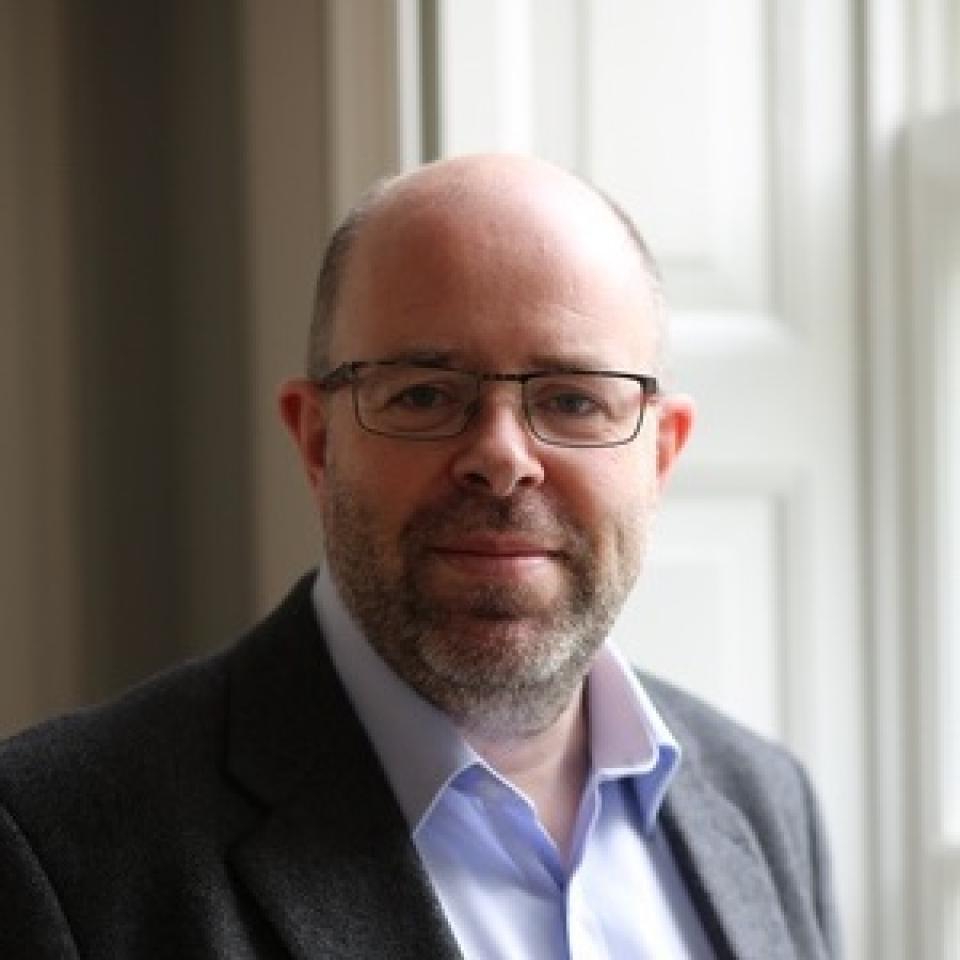Members
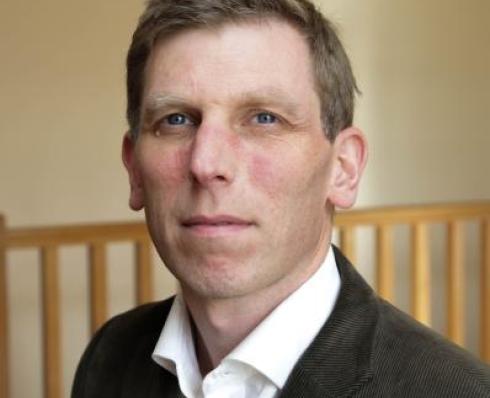
William Murphy is Director of the Research Group in Biography and Life Writing at DCU. He is an Associate Professor, and current Head of School, at the School of History and Geography, Dublin City University. Will works on late nineteenth- and twentieth-century Ireland, with a particular focus on the history of imprisonment, the history of revolution and protest, and the history sport and leisure. He has co-authored two books on Michael Collins with Anne Dolan (Trinity College Dublin), a biographical study Michael Collins: the man and the revolution (2018) and Days in the Life: Reading the Michael Collins Diaries, 1918-1922 (2022). His other books include Political Imprisonment and the Irish, 1912-1921 (2014) and Leisure and the Irish in the Nineteenth Century (2016), which was co-edited with Leeann Lane (DCU). He is a member of the Advisory Board of the Dictionary of Irish Biography.
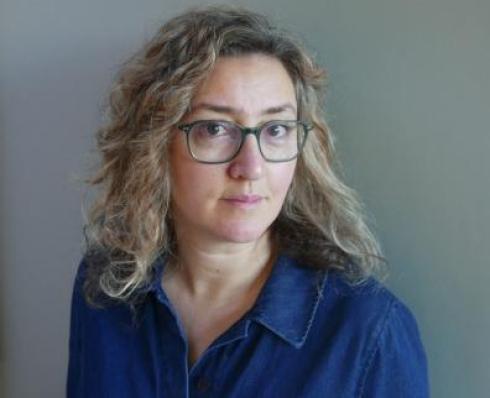
Juliana Adelman is a historian and assistant professor in DCU School of History and Geography. Her research interests include the history of science and medicine, urban history and environmental history of Ireland during the nineteenth century. She uses various forms of life writing as research materials in her work. She has published two academic monographs, most recently Civilised by Beasts: Animals and Urban Change in Nineteenth-Century Dublin (Manchester, 2020). With Ciaran O’Neill she has researched and written a paper based on the diaries of a Trinity student in the 1840s which recorded his romantic life. Her most recent book is a historical novel (The Grateful Water, New Island 2024) and she has published memoir in The Dublin Review (no. 97). She is in receipt of an Arts Council Literature Bursary to support her work on a second novel.
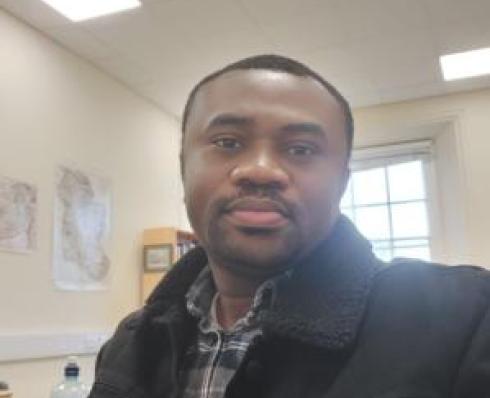
James Akpu is an assistant professor in global history at the DCU School of History and Geography. His research interests are African history, Ireland-Africa relations, church-state relations, the missionary movement, maternal and child health, history of philanthropy, gender, women’s sexuality studies, agricultural and environmental history, the history of human-animal relations and British empire history. Born in Kano in Northern Nigeria, James holds a B.A. and M.A. (with distinction) in History degrees from the University of Ibadan in Nigeria. He graduated at the top of his class, winning prizes for the best student at both levels. Before his university education, he obtained a Library and Information Science diploma from the Federal Polytechnic Offa in Nigeria. A former Irish Research Council Government of Ireland Postgraduate Scholar, he completed his PhD at Dublin City University in 2022.
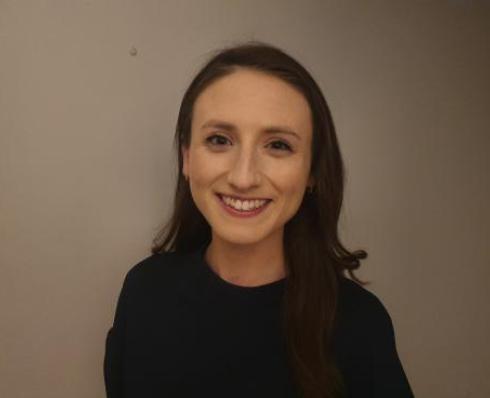
Veronica Barry is an Assistant Professor of Modern European History at Dublin City University. Her research examines the interwar period and the Second World War, with a particular focus on the topics of neutrality, propaganda, soft diplomacy, women’s internationalism.
She holds a PhD in history from Maynooth University where she also graduated with an MA in European History and a Bachelor of Arts Degree. In 2022, she held a short-term research fellowship at the German Historical Institute, Washington DC. Her research has been funded by national and international bodies, including the Irish Research Council, the Women’s History Association of Ireland and the German Historical Institute.
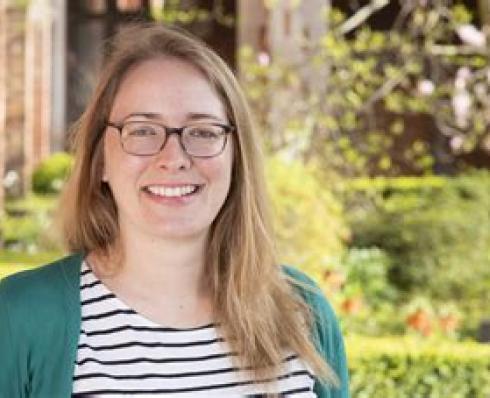
Sparky Booker is a historian of law, culture and society in late medieval Ireland. She is an Assistant Professor in history at the School of History and Geography at Dublin City University. Sparky has published on many aspects of late medieval Irish history and is the author of the award-winning Cultural Exchange and Identity in Late Medieval Ireland: the English and Irish of the Four obedient shires (2018), published by Cambridge University Press in their ‘Studies in Medieval Life and Thought’ series. Her work has a strong prosopographical component, focusing on incorporating the lives and experiences of underrepresented groups and non-elites in our understanding of late medieval Irish society. This involves the reconstruction of many mini-biographies and the use of case studies to elucidate key findings about the lives of people on this island between c.1300-1500.
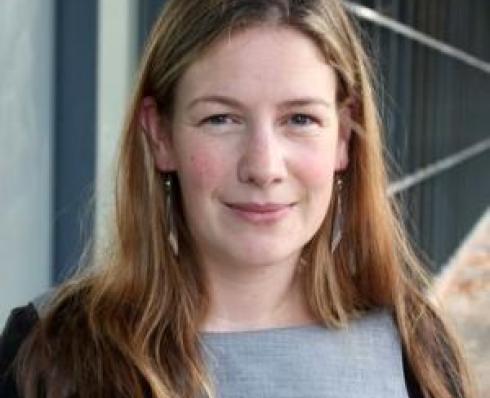
Úna Bhreathnach is Editorial Manager of the Gaois research group in Fiontar & Scoil na Gaeilge. She works on www.corpas.ie, www.tearma.ie, www.logainm.ie, www.ainm.ie, www.duchas.ie, www.gaois.ie and several other terminology, onomasiology, digital humanities, and related projects. She is Principal Investigator (PI) of the Dúchas.ie National Folklore Digitization Project. Her PhD (A Best-Practice Model for Term Planning, 2011) is on terminology planning. Co-Editor, TEANGA, the Journal of the Irish Association for Applied Linguistics (2017-20); co-editor, Terminology Science & Research; and vice-president of the European Association for Terminology (EAFT). Member of the Centre for Translation and Textual Studies and of the Placenames Committee. She supervises students investigating folklore and the role of women in Irish history and biography.
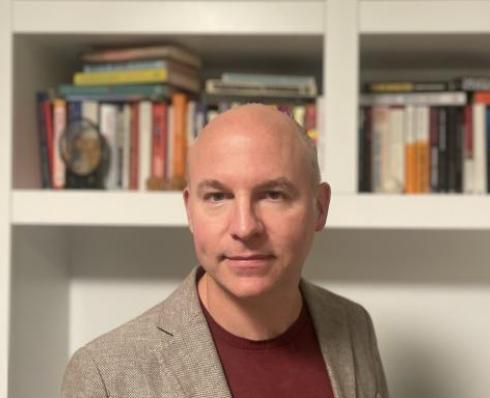
Ross Carroll is an Assistant Professor in DCU’s School of Law and Government. His research interests are mainly in the history of political thought. Within that field he has published on a variety of topics including the life and political thought of the Irish philosopher-statesman Edmund Burke, the hidden intellectual labours performed by the wives of philosophers, and the place of ridicule in Enlightenment moral philosophy. Before arriving at DCU in 2023 he taught for two years at the College of William and Mary in Virginia, and for eight years at the University of Exeter. His award-winning monograph Uncivil Mirth: Ridicule in Enlightenment Britain was published with Princeton University Press in 2021. His second book, Edmund Burke, was published in 2024 as part of Polity's Classic Thinker series. In that book he reflects on the knotty question of whether a thinker’s ideas can be disentangled from the details of their biography (spoiler – they can’t!).
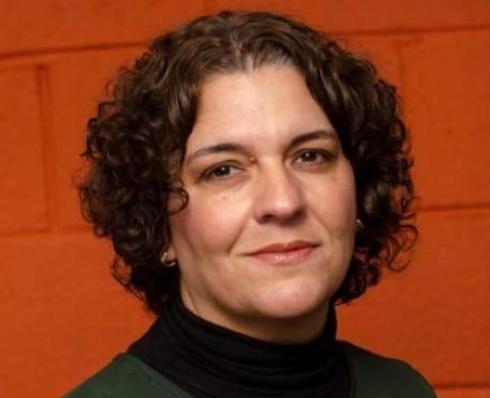
Alicia Castillo Villanueva is an Associate Professor in Hispanic Studies and Gender at the School of Applied Language and Intercultural Studies (SALIS) in Dublin City University. She focuses on women, conflict, and memory under dictatorships and military regimes. She lectures and researches on the field of Feminist studies with a focus on the social and cultural representation of different forms of gender-based violence and feminicides. Alicia conducts research on both fieldwork and analysis of women representation in literature, film, and other art forms.
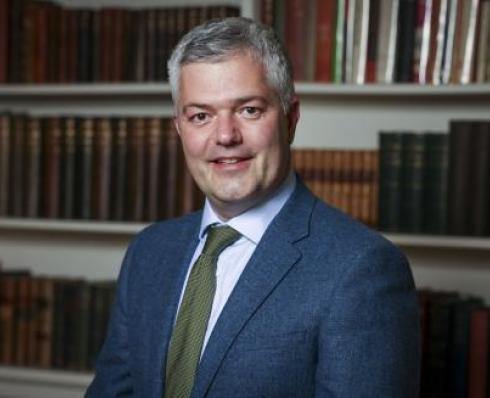
Jonathan Cherry is an historical geographer and assistant professor in DCU School of History and Geography. His research examines how various elites in particular landowners have shaped and used the Irish landscape over time. He has conducted extensive research on several of south Ulster’s leading landed families, including the Maxwells and Saundersons and is presently researching a monograph on the cartographers and maps created in mapping county Cavan over time. He is co-PI on a digital humanities project ‘Mapping the Ulster Covenant’ which besides mapping the locations and venues used in signing the covenant in 1912, is also creating the first complete biographical database of those who organised this event.
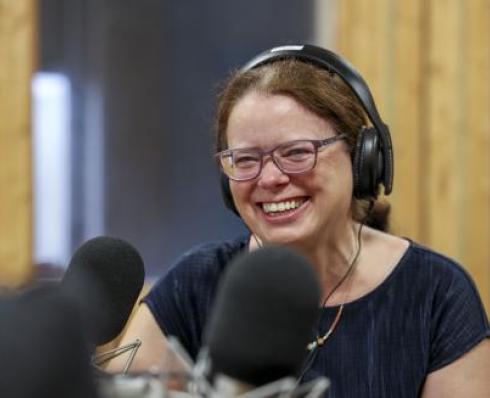
Dervila Cooke researches and teaches at the School of Applied Languages and Intercultural Studies (SALIS) at Dublin City University. Her specialisms lie primarily in highly contemporary studies of creative cultural production. Her BA degree was in French and English. She has published articles on authors from the English-language creative writing sphere (Hugo Hamilton and E. Annie Proulx) along with her work focusing on French-speaking societies. Her initial research explored fictionalisation, postmemory, WW2 history, traumatic personal memory, and a problematic relationship with Frenchness and mixed Jewish identity in novelist Patrick Modiano, on whom she has published widely, including Present Pasts, her 2005 monograph on his autofictions and biofictions. In 2012, she edited a special issue of French Cultural Studies on the role of visual images and film in Modiano’s work. She is also interested in urban representations, including the contemporary flâneur and flâneuse, and in questions of ecology. Dr Cooke edited the 2016 thematic issue of the journal Comparative Literature and Culture on new work on immigration in contemporary writing in France, Québec, and Ireland. This led to two monographs on creative representations of culturally mixed autobiographical experience, both published with Palgrave Macmillan in 2024: Indigenous and Transcultural Narratives in Québec: Ways of Belonging, and Life Writing and Transcultural Youth in Contemporary France: Azouz Begag, Maryam Madjidi, and Laura Alcoba.

Miriam De Cock is assistant professor in the School of Theology, Philosophy and Music at DCU. She works on Christian literature in Greek from the first five centuries of the common era and has primarily been interested in how the earliest readers of scripture used these authoritative texts to define themselves and the “other.” A recent research trajectory is the study of place, “home,” and travel in early to late antique Christian literature, from the New Testament Gospels (i.e., biographies of Jesus) to the earliest hagiographic materials such as the Life of Antony. Recent publications include an edited volume, Exploring the Literary Contexts of Patristic Biblical Exegesis and a co-authored article in Early Christianity titled, Travel and the Making of a Pseudepigraphical Hero in Ancient Jewish and Early Christian Literature.
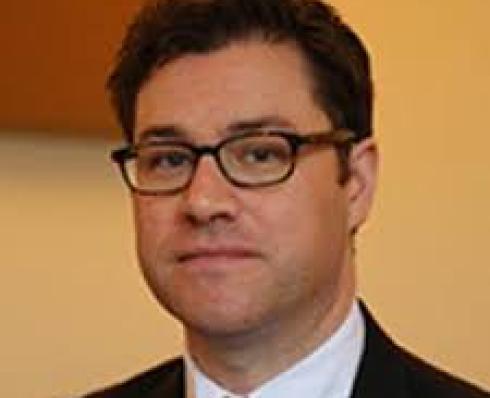
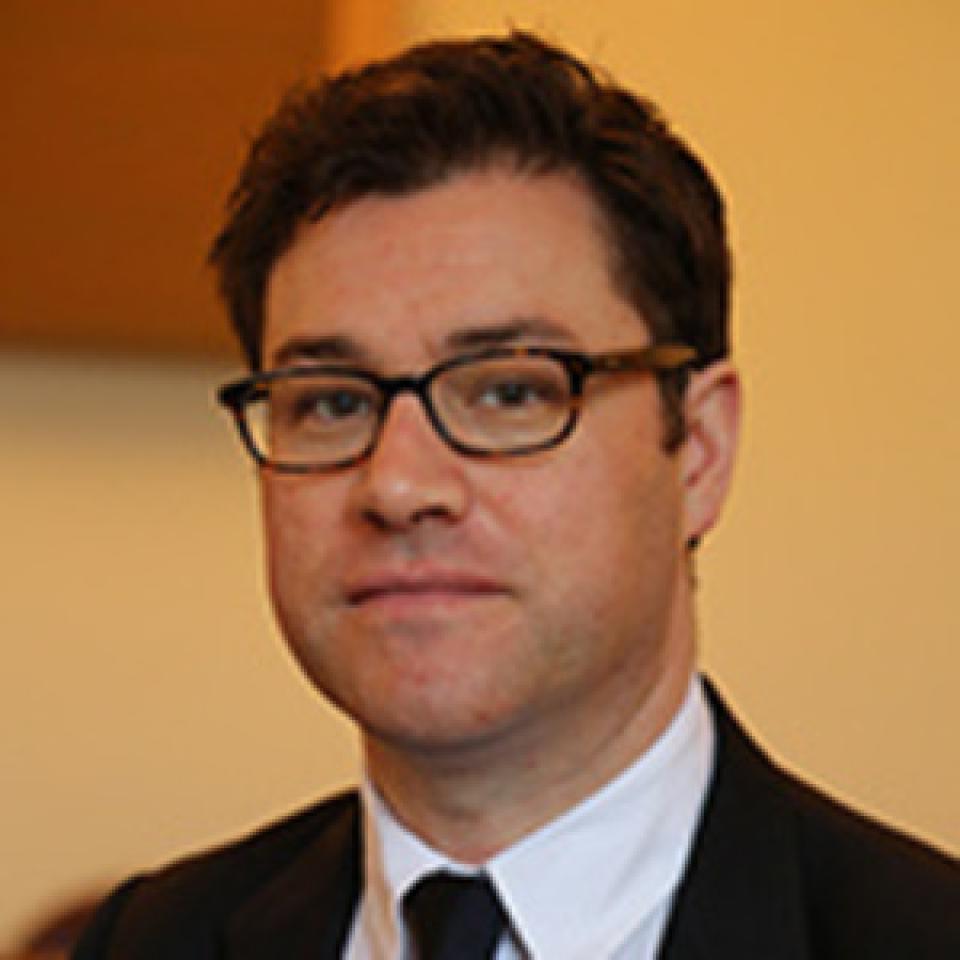
declan.fahy@dcu,ie
Declan Fahy is an Associate Professor at the School of Communications, where his life-writing research focuses on scientists as celebrities and public intellectuals. He also examines the public careers of prominent journalists who have influenced cultural debate and public understandings of science, health, environment, and technology. He is the author of The New Celebrity Scientists: Out of the Lab and Into the Limelight (2015). His life-writing focused papers, reviews, and commentaries have been published in journals including Public Understanding of Science, Science, and Notes and Records of the Royal Society.
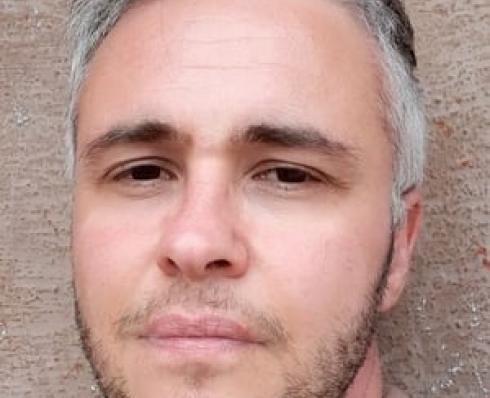
Kit Fryatt is an assistant professor in the School of English. He has research interests in modern poetry, creative writing and LGBTQ+ writing. Recent books include Bodyservant [poetry] (Bristol: Shearsman, 2018) and Austin Clarke [academic monograph] (Aberdeen: Aberdeen University Press, 2020). Book of Inversions, a poetic collaboration with Harry Gilonis, is forthcoming from corrupt press in 2025.
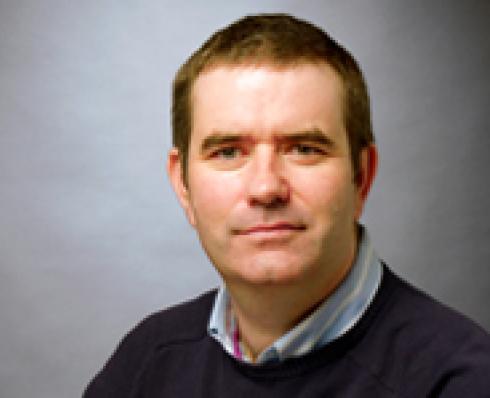
Professor Derek Hand has been the Executive Dean of the Faculty of Humanities and Social Sciences at Dublin City University since February 2021. Before that, he was the Head of the School of English in DCU. The Liffey Press published his book John Banville: Exploring Fictions in 2002. He edited a special edition of the Irish University Review on John Banville in 2006. His A History of the Irish Novel: 1665 to the present was published by Cambridge University Press in 2011. He is also the co-editor of a collection of essays on John McGahern entitled, Essays on John McGahern: Assessing a Literary Legacy, published by Cork University Press in 2019. He is co-editing a volume Companion to the Contemporary Irish Novel (1980-2020) for Syracuse University Press to be published in 2025. He has lectured on Irish writing in the USA, Portugal, Sweden, Singapore, Brazil, China, Italy, Sweden, Malaysia and France.
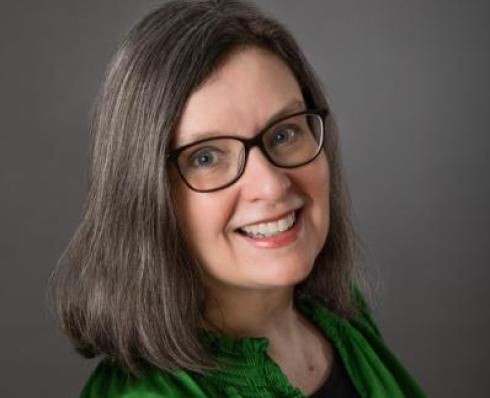
Dr Marnie Hay is based in the DCU School of History and Geography where she is a lecturer in History and chair of the MA in History programme. Her publications include two monographs published by Manchester University Press, Bulmer Hobson and the Nationalist Movement in Twentieth-Century Ireland (2009) and Na Fianna Éireann and the Irish Revolution, 1909-23: Scouting for Rebels (2019 & 2021), as well as many articles in journals and edited collections. Life writing in the form of memoirs, letters, diaries, witness statements and military service pension applications serves as a significant primary source for her research into topics related to the Irish cultural revival and the Irish Revolution. Her current research focuses on the socialisation and mobilisation of youth within the Irish nationalist movement and the experiences of children and adolescents during the Irish Revolution.
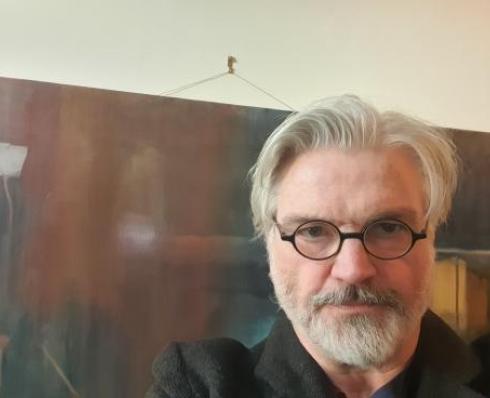
Michael Hinds is from Omagh, Northern Ireland. He is an Associate Professor at the School of English, Dublin City University, where he teaches American Literature. He was previously a lecturer at the University of Tokyo (1996-99) and the Mater Dei Institute in Dublin (2000-16). He co-edited Rebound: The American Poetry Book (Brill) with Stephen Matterson, and has published widely on poetry, particularly that of the US. His most recent publications include essays on the English band Sleaford Mods, cheating scandals in baseball, tricksterism in Seamus Heaney, and the intersection of the work of Irish poet Ciaran Carson with the films of Andrej Tarkovsky. His other significant interest lies in the intersection of literary studies and popular culture. His book on Johnny Cash fandom, Johnny Cash International: How and Why the World Loves the Man in Black, co-authored with Jonathan Silverman was published by U of Iowa Press in 2020, and won the 2023 Peggy O’Brien Book Prize for Publications in American Studies.
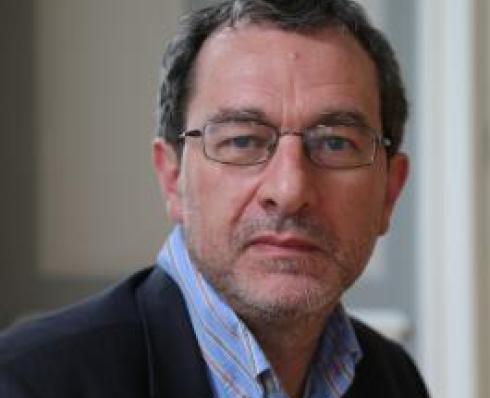
James Kelly, MRIA, is Professor of History in the School of History and Geography. His research interests prioritise the political and social history of late early modern Ireland. His (recent) publications include volume 3 of the Cambridge history of Ireland: Ireland, 1730-1880 (Cambridge, 2018) of which he was the volume editor. He was co-editor (with Tomás Ó Carragáin) of Climate and Society in Ireland: from prehistory to the present (Royal Irish Academy, 2021) and (with Raymond Gillespie and Mary Ann Lyons) of Politics and political culture in Ireland from Restoration to Union, 1660-1800 (Four Courts Press, 2022). Since the publication of Henry Flood: Patriots and Politics in eighteenth-Century Ireland (Notre Dame and Four Courts Press, 1998), he has published biographical studies of Henry Grattan (Historical Association of Ireland: Dundalk, 1993); Sir Edward Newenham, 1734-1814: defender of the Protestant constitution (Four Courts Press: Dublin, 2004), and Sir Richard Musgrave, 1746-1818: Ultra-Protestant ideologue (Four Courts Press: Dublin, 2009). Between 1995 and 2003 he was Associate Editor, New Dictionary of National Biography (60 vols, Oxford: Oxford University Press, 2004).
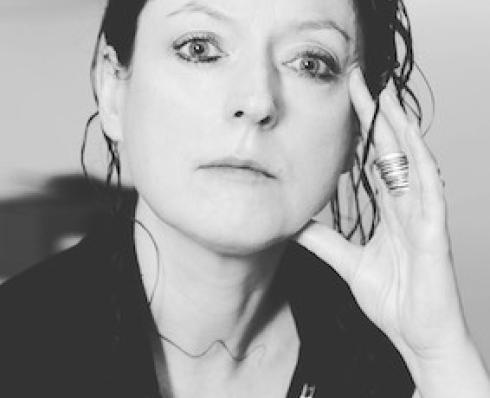
Dr Leeann Lane is a lecturer in the School of History and Geography DCU. She is author of three biographical studies of women active in the Irish revolutionary period who went on to navigate life in an Irish Free State that legislatively placed women in the domestic sphere of the home: Rosamond Jacob: Third Person Singular (Dublin: UCD Press, 2010), Dorothy Macardle (Dublin: UCD Press, 2019), Mary MacSwiney (Dublin: UCD Press, January 2025).
She is a member of the transnational collaborative network ‘Afterlives: uncovering life stories and contributions of rebellious women in the wake of revolution and civil war: Ireland, Finland, Germany, 1918-1980s’ funded by London Southbank University.
In October 2024 Dr Lane received a Commemorations Bursary from the Royal Irish Academy, Dublin, to curate an exhibition: ‘Afterlives: Single Women and the New State’.
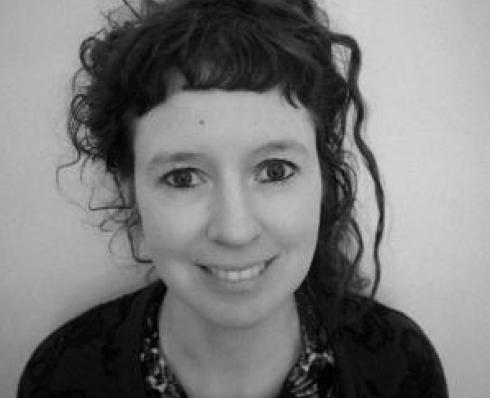
Dr. Maria Loftus is an assistant professor in French language and French literature and cinema in the School of Applied Language and Intercultural Studies. She completed her Ph.D in Sub-Saharan African Documentary Cinema at Université de Strasbourg. Her research interests pertain to Pocket Cinema and Students as creators of Interactive Video Content in the language learning classroom. She embraces any opportunity to bring the multimodal into her teaching and flex her creative muscles. More recently, research outputs draw on the co-design of anti-racism artefacts such as graphic novels and short documentary films.
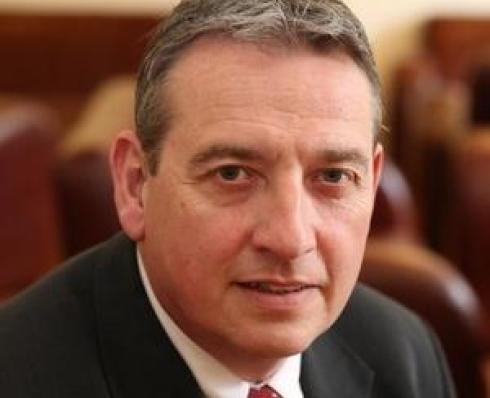
Ciarán MacMurchaidh is Professor of Irish in Fiontar & Scoil na Gaeilge. His teaching and research interests relate primarily to the Irish language in the 18th century, preaching and devotional literature in Irish, Hiberno-English, and to translation studies more broadly. He is co-editor of Eighteenth-Century Ireland/ Iris an dá chultúr and joint editor, with Sparky Booker, of Studia Hibernica. His doctoral dissertation was a study of the life and Irish-language sermons of Bishop James Gallagher (c. 1684-1751), and he has written widely on many aspects of Gallagher’s life and work. Recent and forthcoming publications include essays in a range of edited volumes on Irish-language devotional literature, the fate of the Irish language in the eighteenth and nineteenth centuries in Cavan and Sligo, as well as aspects of terminology loss and gain in Irish. A seminal publication, co-edited with Prof. James Kelly, is Irish and English: essays on the Irish linguistic and cultural frontier, 1600-1900 (Dublin: Four Courts Press, 2012). He is PI on the Ainm.ie project, the national database of Irish-language biographies.
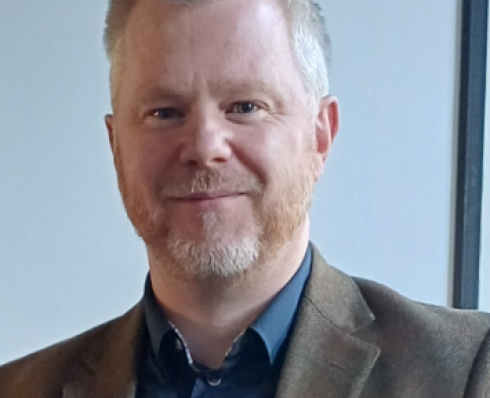

N/A
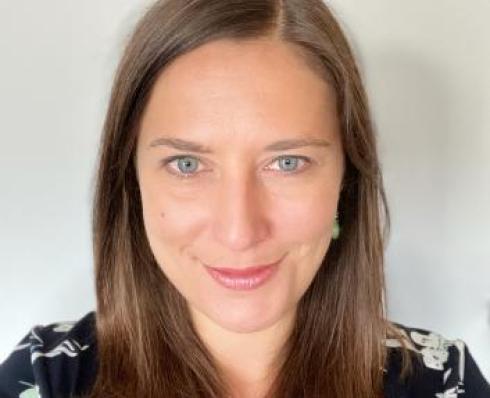
Celeste McNamara is an historian of early modern Italy and Assistant Professor in the School of History and Geography. Her first book, The Bishop’s Burden: Reforming the Catholic Church in Early Modern Italy (Catholic University Press, 2020), focused on the reform programme of Cardinal-Bishop Gregorio Barbarigo in the diocese of Padua. In this book and many related articles and book chapters, the work of Barbarigo is used as a way to understand the efforts and challenges of the sixteenth- and seventeenth- century Church, as well as the impact that reforms had on the lives of ordinary Italians. Her current project, Sin in the Serenissima, examines the policing of illicit sexuality in eighteenth-century Venice by both church and state, with a particular focus on the way victims presented their cases – and their lives – in court. This work demonstrates that ordinary eighteenth-century Venetians understood the priorities of secular and ecclesiastical courts, and used their knowledge to frame their personal stories in order to get their desired results.
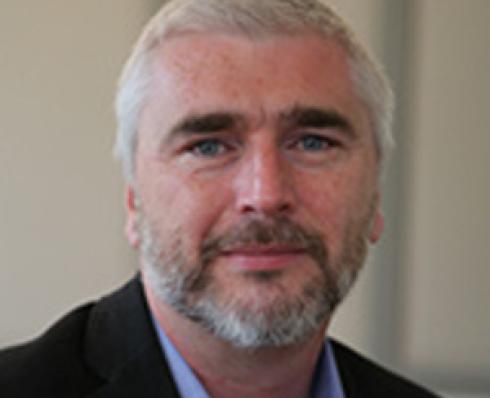
Eugene McNulty is a member of the School of English at Dublin City University. Before moving back to Dublin, he taught at the University of Portsmouth after completing his postgraduate studies in the Centre for Colonial and Postcolonial Research at the University of Kent. His current research focuses primarily on the intersections of the law and the literary imagination in Ireland from the late eighteenth century to the present moment. Recent publications include the coedited collection Law and Literature: the Irish Case (Liverpool University Press, 2022) and essays on the collision of law and the imagination in the work of Irish, American, and African writers. The nature of this work also entails a consideration of the lives of key legal figures and the relationship between their biographies and jurisprudential thought.
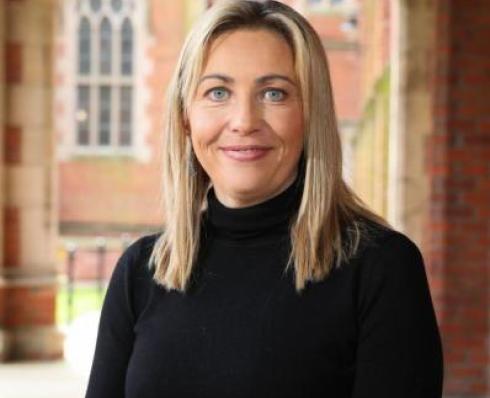
Fiona Murphy is an anthropologist based in the School of Applied Language and Intercultural Studies (SALIS) at Dublin City University. She navigates the deeply human stories of displacement, from the Stolen Generations in Australia to people seeking asylum and refuge in Ireland, the UK, and Turkey. Fiona has a passion for creative and public anthropology—where field notes become art and stories come alive. She’s always experimenting with new forms and genres, breathing fresh life into the discipline. Curious? Check out her TEDx talk on displacement for a glimpse of her work in action https://www.youtube.com/watch?v=hwFYBId9Uco
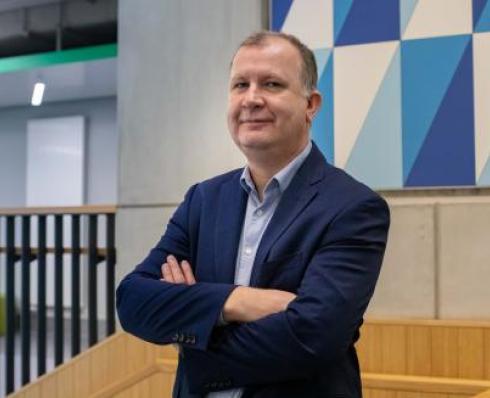
Gary Murphy is Professor of Politics in the School of Law and Government at Dublin City University and a member of the Royal Irish Academy. He has published extensively on the politics of modern Ireland and his many publications include In Search of the Promised Land: The Politics of Post War Ireland (Cork, 2009); Electoral Competition in Ireland since 1987: the politics of triumph and despair (Manchester, 2016); and Haughey (Dublin, 2021), the bestselling biography of the former Taoiseach and leader of Fianna Fail, Charles J. Haughey which was the bestselling Irish non-fiction book of 2021. His work has received wide external recognition. He was Visiting Fulbright Professor of Politics at the University of North Carolina, Chapel Hill, and Naughton Distinguished Visiting Professor of Irish Studies at the University of Notre Dame. He has advised Irish governments on issues such as the regulation of lobbying and election integrity. He is a regular presence in the Irish print and broadcast media and writes a weekly column for the Sunday Times.
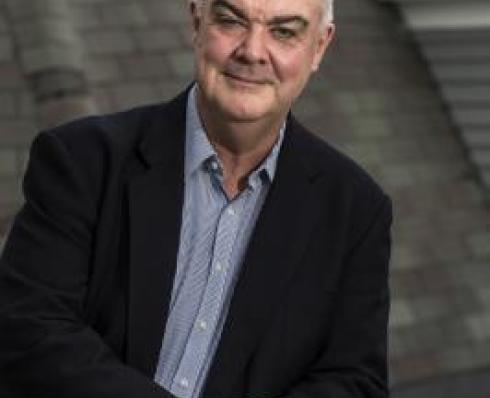
James H Murphy is an adjunct professor in the School of English and the School of History and Geography. His scholarly work has focused on nineteenth-century Ireland, particularly its political history and the history of fiction during the period. He is currently working on what he hopes will be an accessible biography of a professional woman and her granddaughter in nineteenth-century Ireland in the social context of their family backgrounds from the seventeenth-century onwards.
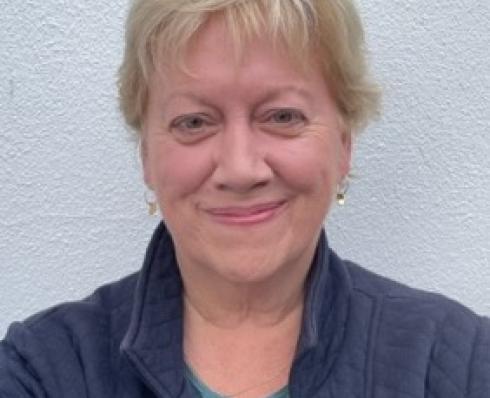
Colleen Murrell is a full professor in journalism who teaches broadcasting and international newsgathering, and researches digital media, public service media and foreign news. From 2021-4 she was the lead researcher for the Reuters Digital News Report Ireland. Colleen’s book ‘BBC Women Reporting the World: Conversations with Foreign Correspondents’ will be published by Palgrave Macmillan in 2025. Colleen writes regularly on international media for the Conversation.com and is on its editorial board. She is also on the editorial boards of several academic journals. Prior to DCU Colleen lived in Australia for 20 years, completing a PhD at the University of Melbourne and working at Monash, Swinburne and Deakin universities. Before that she was a senior journalist with media companies including the BBC, ITN and AP, and worked regularly in Europe and the Middle East.
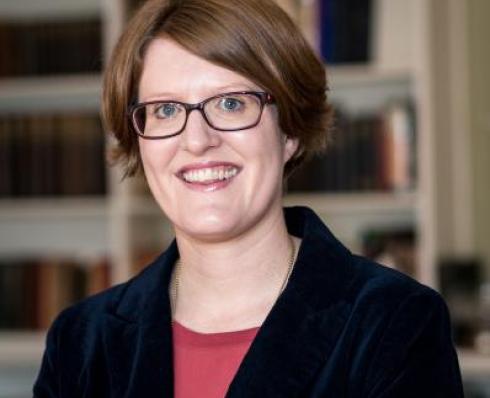
Deirdre Nic Mhathúna is an Assistant Professor in Fiontar agus Scoil na Gaeilge. Her research focuses in particular on the work of seventeenth-century poet Piaras Feiritéar and on twentieth-century life-writing in Irish, including the work of writers from the Corca Dhuibhne Gaeltacht in Co. Kerry such as Tomás Ó Criomhthain and Peig Sayers.
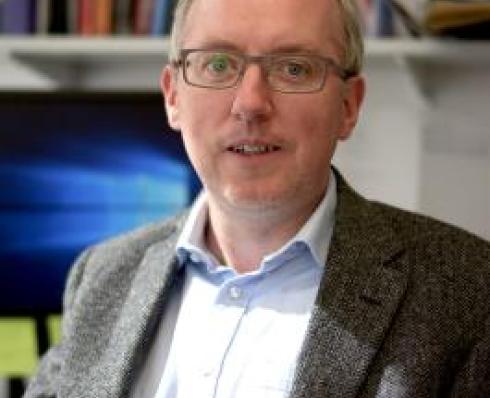
Mark O’Brien is Professor of Journalism History at the School of Communications, Dublin City University. His 2017 book, The Fourth Estate: Journalism in Twentieth-Century Ireland examined the interplay between politics, media ownership, religion, interest groups, social change, and journalism from the 1890s to the 1990s. His other monographs include The Irish Times: A History (2008) and De Valera, Fianna Fáil and the Irish Press: The Truth in the News? (2001). He is also co-editor of the two-volume series Periodicals and Journalism in Twentieth-Century Ireland (2014 & 2021). His current research focuses on the relationship between writers, journalism, and the Irish state from 1922 to 1967. He is chair of the Mary Raftery Prize for Journalism.
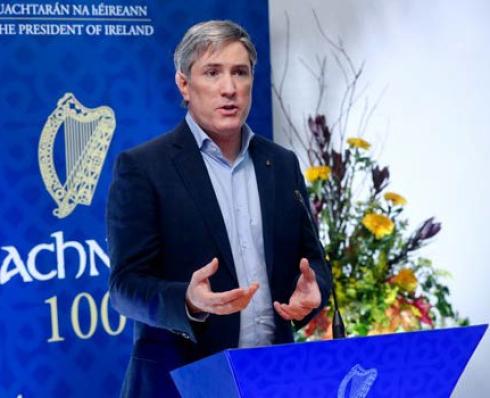
Daithí Ó Corráin is associate professor of Irish History in the School of History and Geography at Dublin City University. He has published widely on the Irish Revolution, 1912-23 and Irish Catholicism. He is the author of Rendering to God and Caesar: the Irish churches and the two states in Ireland, 1949-73 (Manchester UP, 2006) and chapters on Irish Catholicism in the Cambridge History of Ireland (2018), Oxford History of British and Irish Catholicism (2023) and Oxford Handbook of Religion in Ireland (2024). He is co-editor with Professor Marian Lyons of the acclaimed The Irish Revolution, 1912-23 series of county histories published by Four Courts Press. Life writing has been the central element of Daithí’s most recent books. The Dead of the Irish Revolution (co-authored with Eunan O’Halpin) (Yale UP, 2020) provides a unique account of 2,850 men, women and children who died due to political violence between 1916 and 1921 during the years of rebellion and state formation in Ireland. With Gerard Hanley, he co-authored Cathal Brugha: ‘an indomitable spirit’ (Four Courts Press, 2022), a multi-layered reappraisal of a central but largely misunderstood figure during the Irish Revolution. His current projects investigate various aspects of how compensation affected the lives of ordinary people after the Irish Revolution.
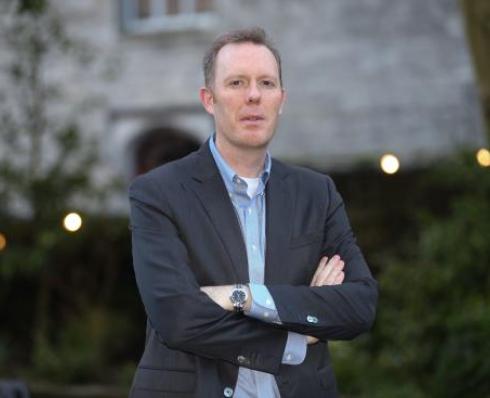

Pádraig Ó Liatháin
Cuimsíonn suimeanna taighde Phádraig ceangail lámhscríbhinní na Gaeilge le Meiriceá Thuaidh agus tá sé ina eagarthóir ar dhá imleabhar de chuid dialanna an fhile, Seán Ó Ríordáin. Is léachtóir é ar chláir éagsúla agus tá sé ina Chathaoirleach Cláir ar an MA i Léann na Gaeilge.
Pádraig has research interests encompassing Irish manuscript literature connections with North America and is the editor of 2 volumes of the diaries of the poet, Seán Ó Ríordáin. He is a lecturer across several programmes and is Programme Chair of the MA in Léann na Gaeilge

Eoin O’Malley is associate professor in political science at the School of Law and Government at DCU. His research is mainly in the areas of comparative study of prime ministers and cabinet government and Taoisigh in Irish politics.
He is the author or co-editor of seven books mainly on Irish politics, many chapters and over 40 peer-reviewed articles in various areas of political science but mainly in political leadership and/ or Irish politics. Books include Politics in the Republic of Ireland 7th ed. (Routledge), How Ireland Voted 2024 (Palgrave) and Handbook of Political Opposition (Edward Elgar). He is working on a number of projects, including a book on the entwined lives of Garret FitzGerald and Charles Haughey, and a book on the office of the taoiseach evaluated through an assessment of its holders. Eoin is also a regular columnist with the Sunday Independent.

Mary Phelan is associate professor in the School of Applied Language and Intercultural Studies (SALIS) at DCU. Her monograph, Irish Speakers, Interpreters and the Courts, 1754-1921 (Four Courts Press, 2019) examines the employment of Irish-English court interpreters by grand juries and subsequently county councils. Her research draws on a range of data sources including grand juries accounts, archival sources and digitised newspapers to compile biographical information about the interpreters and their varied backgrounds: court officials, lawyers, law clerks, gaolers, summons servers, publicans, teachers, farmers, and serving and former members of the Royal Irish Constabulary.

Kevin Rafter is Full Professor of Political Communication at Dublin City University and a specialist in the politics and media of modern Ireland. He was a Fulbright Scholar at Boston College in 2024. Recent books include Taoisigh and the Arts (2022) and Resilient Reporting: Media & Elections in Ireland since 1969 (2019).
He has published several commercially successful and highly regarded political biographies and has written extensively about leading political and media figures in Ireland, in both academic and general publications. His biography of E.J. Dillon (1854-1933), a foreign correspondent at The Daily Telegraph of London will be published in 2025.
He has chaired the two national bodies responsible for the arts in Ireland, the Arts Council and Culture Ireland, and has served as a board member of several commercial and not- for-profit organisations. He was previously a leading political journalist in Dublin working with media outlets including, The Irish Times, The Sunday Times, The Sunday Tribune, and RTÉ, the Irish national broadcaster, as well as editor of Magill magazine.
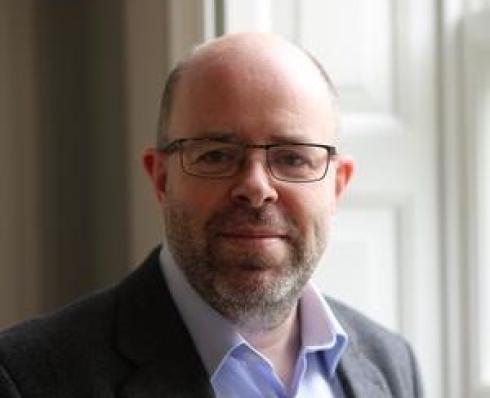
Jim Shanahan is a lecturer in the DCU School of English. His main research interests are in the field of literary history, particularly in Irish fiction of the 18th and 19th centuries and its intersection with history and politics. Recent work includes contributions to the CUP Irish Literature in Transition series and the forthcoming Cambridge History of the Irish Novel. He also worked on the Royal Irish Academy’s Dictionary of Irish Biography.
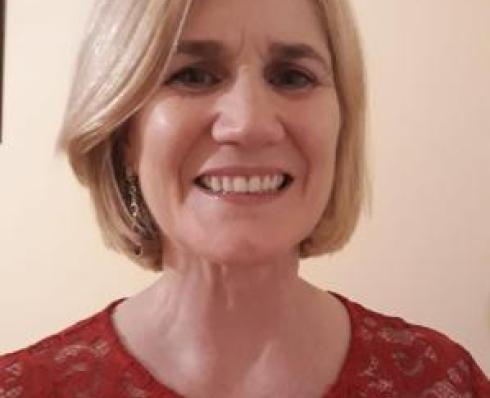
Is Ollamh Comhlach le Gaeilge agus Ceann Scoile Fiontar agus Scoil na Gaeilge í Gearóidín Uí Laighléis. Tá trí leabhar foilsithe aici, Seosamh Mac Grianna i mBaile Átha Cliath- Léarscáil Litríochta, (2024) Gallán an Ghúim: Caidreamh an Stáit le Scríbhneoirí na Gaeilge a foilsíodh sa bhliain 2017 agus a bhain duais taighde American Conference for Irish Studies agus an leabhar Seán Mac Maoláin agus Ceart na Gaeilge a foilsíodh sa bhliain 2003
Gearóidín is an Associate Professor in Irish and Head of School at Fiontar agus Scoil na Gaeilge in DCU. She has published extensively on the life stories of Irish language writers in the 1920s and 1930s. Her first monograph Seán Mac Maoláin agus Ceart na Gaeilge was a detailed study of the life and works of said Seán Mac Maoláin and her second monograph which was a detailed account of three Irish language writers’ relationships with the Government publishing Company An Gúm won the American Conference for Irish Studies Prize for Research Book of the Year in the Irish Language in 2017. Her third monograph is a literary atlas of the writer Seosamh Mac Grianna’s life in Dublin.


